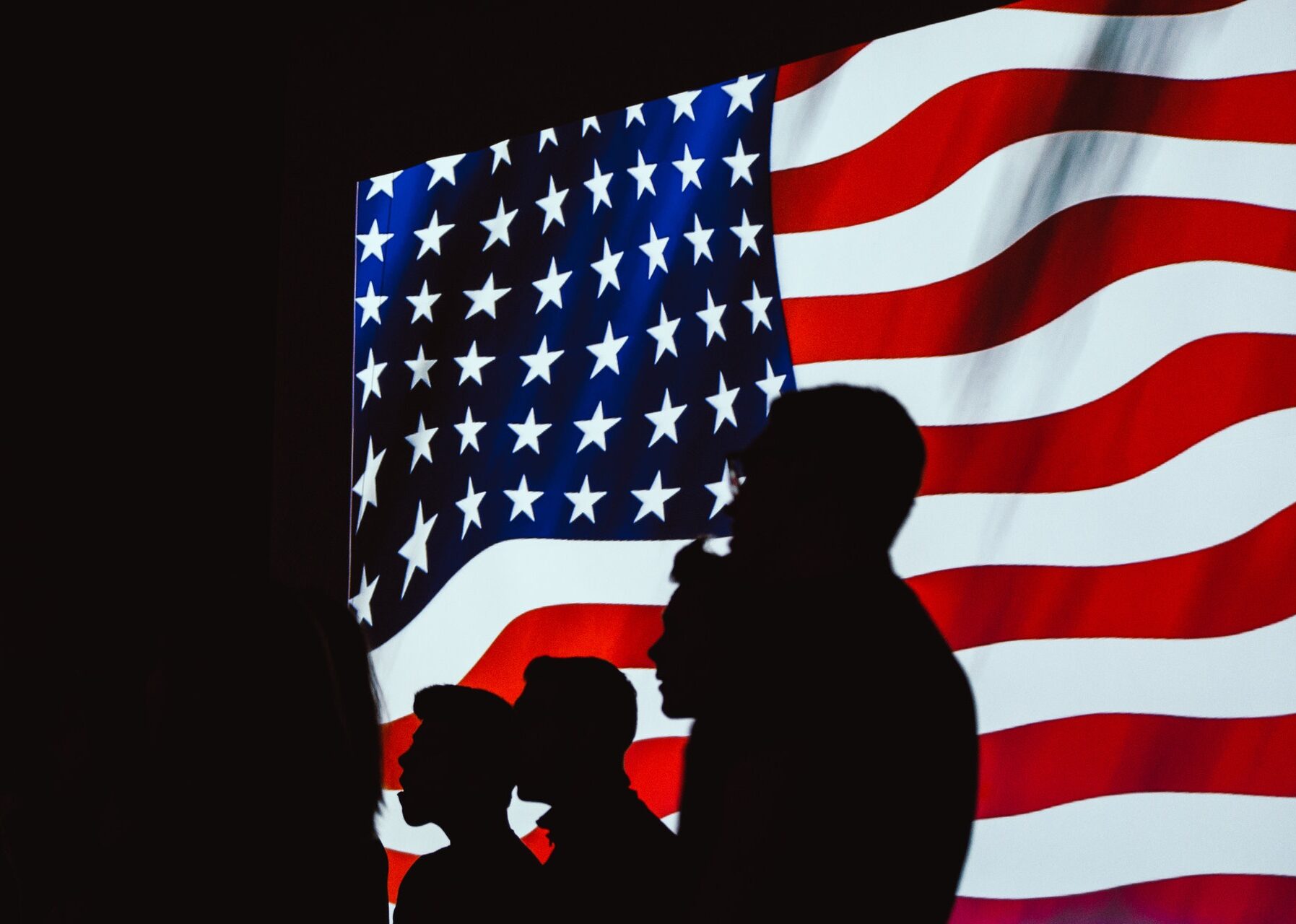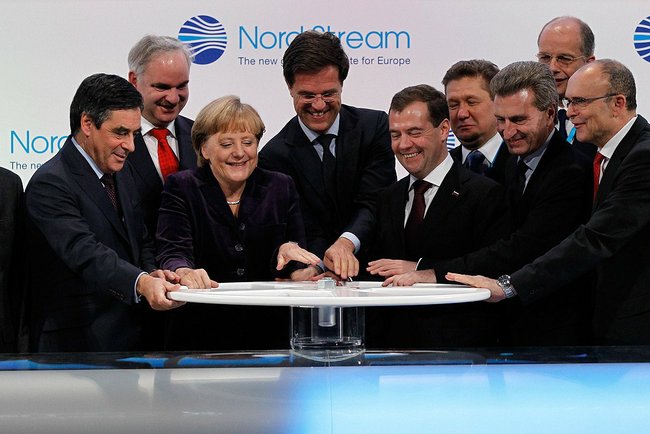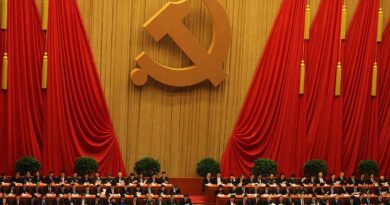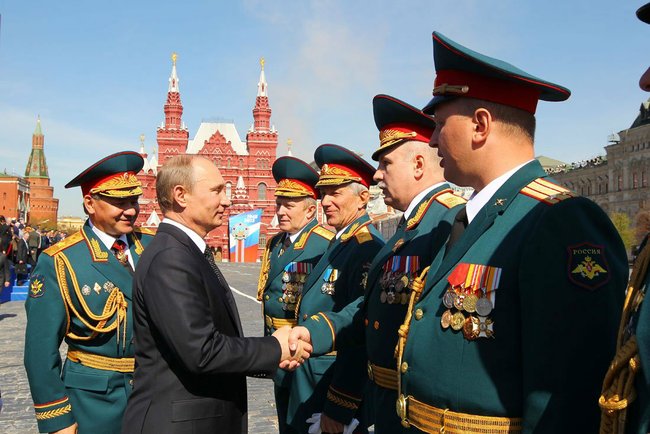The USA, Poland’s biggest love

Knowing that there is such great sympathy, American politicians can afford to do much more in Poland than anywhere else. It is hardly surprising that they take advantage of this
Paweł Lisicki
One of the most interesting polls I’ve read recently was not at all, as one might expect, about the political situation in Poland, but about Poles’ attitude towards the United States and Joe Biden’s politics. But first, some data.
Well, according to a global survey by the Pew Research Center, Poles have the most positive opinion of the United States of all nations in the world. America is liked by as many as 93% of Polish survey participants! By comparison: the US is regarded positively by 52% of the French, 57% of the Germans, 59% of the British, and 60% of the Italians. As you can see, Poles are beating everyone in terms of positive attitudes by a big margin. Residents of Hungary have the least positive attitude towards the US – 44%.
Perhaps even more important was another question: how many people think that Americans consider the benefits of a given country when making specific political decisions. Well, the record once again fell to the Poles – as many as 67% of respondents believe that American politicians are guided by Polish interests. In the case of Germany, it is 59% and it is 49% in the UK. In Europe, the lowest expectations towards the Americans and there policies are among the French (30%) and the Spanish (19%).
It is also clear that in Poland this increase in confidence in American intentions has skyrocketed over the past two years, which is linked to Washington’s response to the Russian invasion of Ukraine. What are the implications of all this?
The first observation is trivial: it looks like it would be much easier for Joe Biden to win elections in Poland if he ran for president here than in America. There, support for his policies toward the Russian-Ukrainian conflict is steadily declining. He has been strongly criticized by his two main Republican rivals, Donald Trump and Ron DeSantis, as well as by Robert Kennedy, the Democrat politician who is rapidly gaining popularity.
All three believe that much of the responsibility for the current war rests with Washington itself, which provoked Moscow to some extent. All also believe that sustaining such massive aid to Ukraine – both financial and military – as President Biden is doing, does not make sense. On the battlefield, Biden’s critics say, the war will not be won, and all that is achieved is a drastic increase in human losses. Needless to say, the general Polish public rejects these arguments, seeing them as a manifestation of Russian propaganda. Anyone who doubts Kiev’s victory, complete and unconditional, is perceived as in fact serving the interests of the enemy. While Biden would win the election in Poland, none of his competitors would stand a chance of doing so, and with the views they preach, they would probably end up in front of a committee investigating Russian espionage, should one be established.
This leads me to my second observation: equating a country’s self-interest with that of a superpower is risky and, frankly, childish. Unlike in many other Western countries, and even unlike in the United States itself, in Poland there is no discussion about whether the Americans benefit from the war and whether their interests are indeed always aligned with Poland’s. None of the high ranking politicians are counting or examining (unlike in Hungary) the growth of revenues of American armaments companies; nor is there any discussion at all in Poland about the cost of raw materials or other products purchased from our ally.
Finally, the survey also shows how easy it is to manipulate Polish emotions. Knowing that there is such great sympathy, American politicians can afford to do much more in Poland than anywhere else. It is hardly surprising that they take advantage of this. Well, since whatever they do is recognized in advance as an expression of concern for Poland, there is little opportunity to negotiate with them and defend Polish interests. With such a sense of power, Ms. Georgette Mosbacher was able to push Polish ministers around and, frankly, there is little difference in the behavior of her successor.
The question arises as to what are the sources of Polish pro-Americanism. There are probably several reasons. First, it is the myth of “fighting for our freedom and yours” still from the days of Tadeusz Kosciuszko and Casimir Pulaski. Unable to preserve their own independence and honor those who saved it, for they lost it, Poles shifted their sentiments to America. Secondly, closely related to this is the belief in America as a hotbed of freedom and liberties. Finally, America appears to Poles as a benevolent defender of the world order that always appears on the side of good in the clash with the powers of evil, which is currently represented only by Russia.
I find it difficult to see any symptoms of maturity in this.
This article was published in the Do Rzeczy weekly in July 2023.




